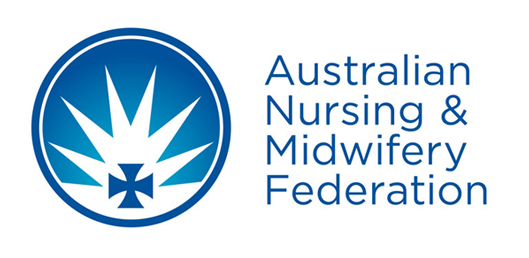An unforgettable week
This past week has been an unforgettable week for me. I’ve wished so many times that I was baking a cake with thirteen candles for my beautiful son Luke’s birthday, that I could cuddle him, watch him open his presents and notice how he’d grown taller and bigger over the past year. It hasn’t been an easy week, but one of the things that has helped me get through these past few days and filled me with hope is seeing the overwhelmingly positive response to my Never Alone campaign.
Since I’ve launched this campaign, building a community of people prepared to stand up for victims of family violence, thousands of you have signed up to lend your voices and your support. I’ve also had the enormous pleasure of talking to many of the inspiring and determined supporters who’ve joined me as founding partners.
This week I want to talk briefly about what I learnt from one of those supporters, Annie Butler, the Assistant Federal Secretary of the Australian Nursing and Midwifery Federation. As Annie and I spoke before a press conference, she reminded me just how often nurses are the first people who see women or children who have been victims of family violence: nurses are seeing women in emergency departments, midwives are visiting people in their homes after they have babies, and community nurses going into people’s houses.
Nurses are the ones who often have to start the difficult and challenging conversations: they see women and children who are very guarded, who don’t want to answer questions clearly, who won’t look them in their eye, and who can’t quite explain what has happened to them physically. And sometimes victims of violence will start to open up and talk to nurses, who are in that caring role, and who can be less confronting to deal with than the police.
But as Annie explains, while nurses can fix people physically, nurses can’t ensure women and children are safe when they leave. They can refer people to services but there aren’t nearly enough services. They can refer people to other professionals but there often aren’t appropriate professionals available. And there isn’t nearly enough co-ordination of services as people go through the system.
Annie’s members see women coming into emergency not just once, but two, three or more times. Something is going drastically wrong when nurses are left to keep patching people up again and again; meanwhile the real problems are never addressed.
With women making up nearly 90% of the Federation’s 240,000 members, family violence is an issue that touches her members personally too: the association’s recent survey of members has found they experience family violence at rates that are equal to, and even slightly higher than, the rest of the population. That’s why the Australian Nursing and Midwifery Federation, and all of the Never Alone’s founding partners, have leant this support to start the difficult conversation.
We need to talk about where we are going wrong. And we need to understand family violence as both a health problem and a social problem. And we need to join these problems together and make sure no one is ever alone.
In coming weeks I’ll talk about other partners and people I meet, places I’ve visited and what I’ve learnt. Thank you coming for with me on this journey. Together we can make a difference.








Leave a Reply
Want to join the discussion?Feel free to contribute!